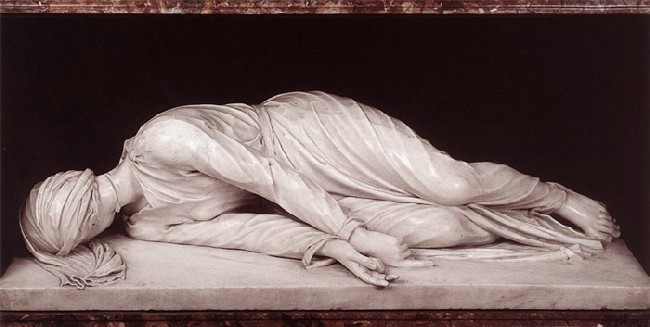Video Divina
[Sacred Viewing]
The Catholic Synod of Bishops currently meeting in Rome has also given a prominent place to lectio divina (defined/how to) as this Zenit article on Lectio Divina describes and which I highly recommend to those interested in deeper spirituality.
If you have read about my spiritual journey, you would know that for most of my life I would never have urged people to read anything Catholic. I feel like putting a label of “humor” on this blog, not because there is anything funny about the Synod or lectio divina, but because of my own non-Catholic background and now I find it very natural to write, “oh, are you interested in deep spirituality? OK, read what the Catholic Bishops say about lectio divina.”










I've read about this before, but haven't really attempted it, so thanks for sharing the link. Also thanks for sharing that link about your own journey; it would be interesting to hear more about that.
ReplyDeleteThank you for the comment!
ReplyDeleteMy journey has five phases.
First, the atheist phase (growing up, college, family — until I was 35 years old. I majored in philosophy in college and was exposed to be best secular humanism and materialism teaching. Seemed like sound thinking to me.
At about age 35, I began to have the undefined sense that I might have missed something along the way.
In the second phase, I spent about 3 years seeking to reconfirm my basic understandings of ultimate reality and how we know things are true. It was like Monty Python’s “What is your quest?”
http://www.youtube.com/watch?v=pWS8Mg-JWSg
Many thinking people will have a different view and experiences in their own lives, but at the end of the second phase I concluded that the God of the Bible existed. This had nothing to do with being a Christian, I just came to a noetic conclusion. Different people have different paths, I can only describe what I did.
Looking back — during those three years I was able to answer yes to the following questions:
1. Is truth absolute?
2. Is the law of noncontradiction always applicable?
3. Is there doubt in conclusions based on inductive-reasoning?
4. Is epistemology more important than metaphysics in seeking truth?
For my mind’s path, it came down to epistemology (how we know things — the study of the methods and grounds for knowledge).
As an aside, in phase 4 below, I taught junior-high Sunday school for a while and the core question the young people had was not “what does the Bible say?” Their question was always, “how do you know it is true?”
In the third phase, I had an encounter with God. It was like the famous Sidney Harris “Then a Miracle Occurs” cartoon. In the most nonreligious terms I had a complete change of mind. In terms used by Christians, I experienced the new birth described in the Bible.
At this point, I looked back on my previous 38 years and could see clearly that I had been given guidance at key points. I had followed a path — I did not create the path. I could not see the path when I was on it. But after being born again, I could look back and it was clearly visible.
In the fourth phase, I joined a great Protestant evangelical church and learned a lot about the Bible and Reformed theology. I did this for about 20 years.
In the fifth phase, I went to a local Catholic Benedictine monastery in 2006 and became an oblate in early 2008.
I still know exactly how I thought as an atheist, I still know exactly how I thought as an evangelical Protestant, and it makes me laugh a bit to be writing that I am on my way to becoming a Catholic.
thanks for sharing this, john!
ReplyDeleteYou are most welcome.
ReplyDelete